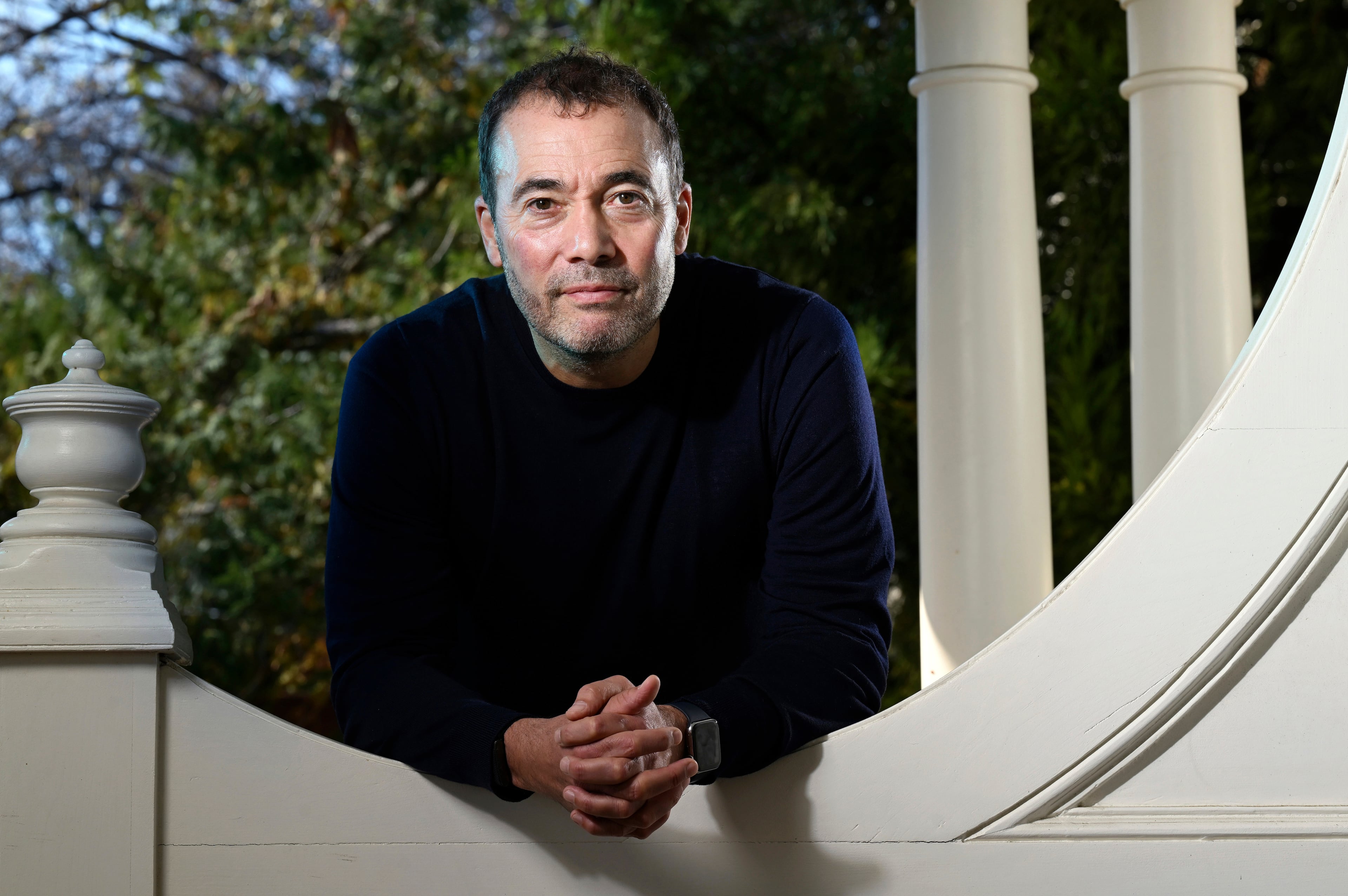Corporation for Public Broadcasting closure will hit Georgia stations

The Corporation for Public Broadcasting will wind down its operations after a GOP-led effort in Congress to rescind its funding, bringing an end to nearly six decades of the nonprofit corporation distributing federal funding to public television and radio stations.
CPB announced the move Friday, confirming it informed its employees that the majority of staff positions will end Sept. 30. A small transition team will remain through January to oversee the closeout of operations, which will include final distributions, compliance and other financial obligations, the corporation said in a news release.
Federal funding is not the sole revenue stream for many public broadcasters, but it is a key lifeline and also supports national programming.
The organization dissolving presents a number of uncertainties for NPR and PBS member stations across the country that not only rely on CPB for federal funding, but other services such as music rights negotiations with publishing entities such as BMI and ASCAP.
CPB funding also supports NPR’s flagship shows “Morning Edition” and “All Things Considered” and PBS television series such as “Frontline and “American Masters,” as well as kids programming, such as “Wild Kratts” and “Molly of Denali.”
The impact of CPB’s pending closure on national programming was not immediately made clear.
Jennifer Dorian, the CEO of Atlanta NPR member station WABE, said she anticipates CPB’s closure will be painful.
“That central body advocated and coordinated the flow of resources to make media for public good possible, and now we’re going to be left with a decentralized state of affairs with a bunch of unique stations figuring it all out on their own,” Dorian said.
The decision follows Congress’ vote to claw back about $1.1 billion in federal funding already allocated toward CPB over the next two years. Since returning to office in January, President Donald Trump and his administration has set its sights on slashing public subsidies for NPR and PBS, alleging bias in coverage, including the spread of “radical, woke propaganda disguised as ‘news,’” and that it is an unnecessary expense.
Founded in 1967, CPB distributes about 70% of its federal funding to more than 1,500 public media outlets nationwide. Much of the remainder goes to National Public Radio and the Public Broadcasting Service for national programming.
Among these local stations are WABE, the network of stations under Georgia Public Broadcasting and jazz station 91.9 WCLK-FM. Representatives for GPB and WCLK did not immediately respond Friday to requests for comment.
For WABE, the loss of federal funding represents about 13% of the budget: $1.9 million for fiscal year 2026 ending June 30. For GPB, about 11% of its revenue in fiscal year 2025 came from CPB.
Stations will have to slim down their operating budgets and look to local donors, philanthropic organizations and other sources of funding to make up for the loss.
Through its partnerships with stations and producers, CPB has supported educational content, emergency communications and cultural programming in addition to local journalism. In 2020, GPB was the recipient of a five-year $260,000 “Ready to Learn” grant from the organization, which was used to create what it called a “Learning Neighborhood” providing children ages 2 to 8 from low-income communities a stronger foundation in literacy, computational thinking and career readiness. In May, all 2020-2025 Ready to Learn grants were terminated. The 2020-2025 cycle, which would’ve expired on Sept. 30, was approved by the first Trump administration.
“I’m sad for our country that these public servants who really care about education and access to good information, their jobs are gone,” Dorian said. “It’s another entity for the public good that is suffering.”



